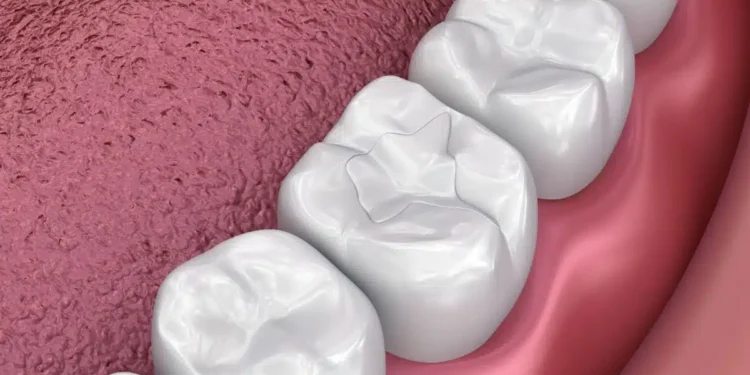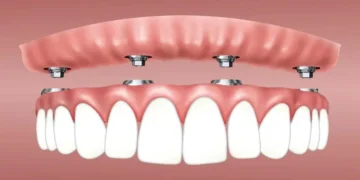Dental sealants are a popular choice for protecting teeth from decay, but are they right for you? Understanding the pros and cons of dental sealants can help you make an informed decision. Whether you’re considering them for yourself or your child, it’s important to weigh the advantages and drawbacks.
While dental sealants can provide long-lasting protection, they may not be suitable for everyone. Some individuals may experience issues with them over time. Keep reading to explore dental sealants pros and cons.
Table of Contents
Pros of Dental Sealants
Dental sealants have become a popular choice for preventing tooth decay, especially in children and individuals at high risk of cavities. Here are the key benefits:
Protecting Teeth from Decay
Dental sealants help protect your teeth from decay. They are thin plastic coatings placed on the chewing surfaces of molars. You can see dentistry services to have these applied, which can prevent cavities by sealing food and bacteria from getting trapped.
Cost-Effective Preventive Care with Dental Sealants
Using sealants is a cost-effective method for cavity prevention. They are significantly cheaper than fillings or crowns. Investing in sealants can save money on future dental work and promote better oral hygiene.
Quick and Painless Application Process
The application of dental sealants is quick and painless. Dentists simply clean the teeth and apply the sealant in about 30 minutes. This simple process makes dental solutions like sealants very appealing to children and adults alike.
Cons of Dental Sealants
Dental sealants have their limitations and potential drawbacks that should be considered before deciding to use them. Here are some of the main cons to keep in mind:
Limited Lifespan: The Need for Replacement Over Time
Sealants offer many benefits, but they do not last forever. They usually last between five to ten years before they need to be replaced. To make sure they are still working properly, it’s important to see dentistry services regularly for check-ups and monitoring.
Risks of Sealants Masking Underlying Tooth Decay
One downside of dental sealants is their ability to hide existing decay. If a cavity is present in the grooves of the teeth, the sealant can trap the decay inside, making it harder to spot. Without a proper examination before application, this can lead to more serious dental issues later on, as the decay may worsen without being treated.
Not Suitable for All Patients or Dental Conditions
Dental sealants are not suitable for everyone. Some patients may have dental conditions that require different solutions. Always consult a dentist to explore the best options that will fit individual needs.
Weighing the Dental Sealants Pros and Cons
Dental sealants are a great option for protecting teeth, especially for children or those prone to cavities. By understanding the dental sealants pros and cons, you can decide if they’re the right choice for you or your family. Your dentist can help guide you in making the best decision.
While sealants offer effective protection, they may not last forever and can hide existing decay. Make sure to discuss your dental health with your dentist to see if sealants are suitable for you.
For more on this topic, please visit our blog!


 Home
Home









